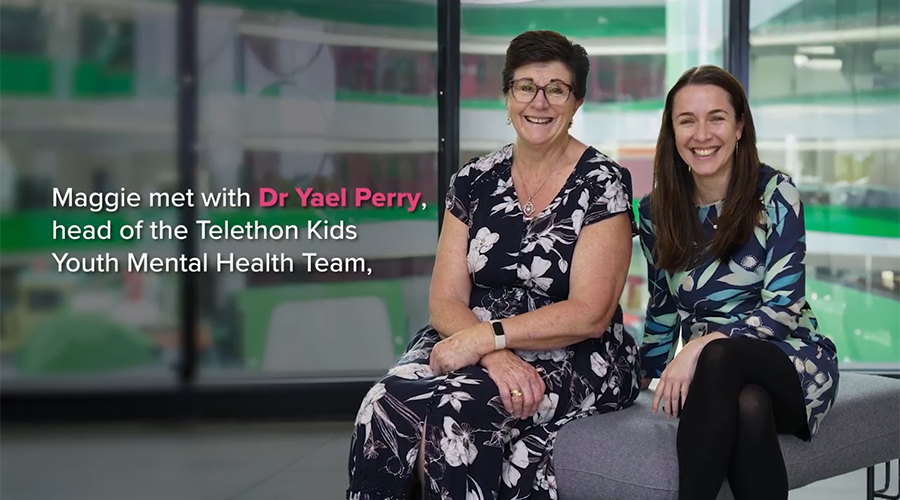Search
Research
Mental health outcomes for teenage boys and girls following a youth sports development program including a mental health programYouth sports programs provide an opportunity to embed mental health and wellbeing programs to reach young people with mental health support. The aims of this study were to (a) examine mental health outcomes from a youth sports program including a mental health program (Life-Fit-Learning) in adolescent boys and girls, and (b) among the larger cohort of adolescent boys, to examine whether partial or full completion of Life-Fit-Learning yielded different outcomes for boys within healthy and high-risk ranges for anxiety, depression and behavioral concerns.
Research
Predicting NSSI among trans young people: the role of transphobic experiences, body image, and gender dysphoriaNon-suicidal self-injury (NSSI) is particularly common among trans young people. NSSI is most commonly used as an emotion regulation strategy, which may explain the high prevalence of the behavior among trans young people, who often experience unique stressors. In the current study we test an application of the Pantheoretical Framework of Dehumanization, in which transphobic experiences, body surveillance, body dissatisfaction, and gender dysphoria are all theorized to predict NSSI.
Research
Mental health assessment of transgender youth - Should standardised psychological measures be scored by norms of birth-registered sex?Standardised psychometric measures are used in mental health care and research settings to identify risk, assist diagnosis, and assess symptom severity. Standardised scoring of these measures involves transforming respondents' raw scores using binary sex norms. However, scoring manuals offer no guidance as to appropriate scoring methods for trans and non-binary respondents.



People
Holly MossHolly Moss is a research assistant on the Youth Mental Health team at The Kids Research Institute Australia.


News & Events
World-class mental health researcher to join The Kids Research Institute AustraliaThe Kids Research Institute Australia warmly welcomes youth mental health researcher Associate Professor Kathryn Modecki.

News & Events
Maggie Dent visits The Kids Research Institute Australia as part of research for new bookWe were delighted to have Australia’s best-known parenting author, Maggie Dent, back at The Kids Research Institute Australia this week, to talk about the mental health of our teenagers.

News & Events
Mental health champion a ‘brilliant woman’Congratulations to Head of Youth Mental Health at The Kids Research Institute Australia, Dr Yael Perry, who has received a Telstra Health 2023 Brilliant Women in Digital Health Award in recognition of her innovative use of technology to achieve positive mental health outcomes for marginalised young people.
